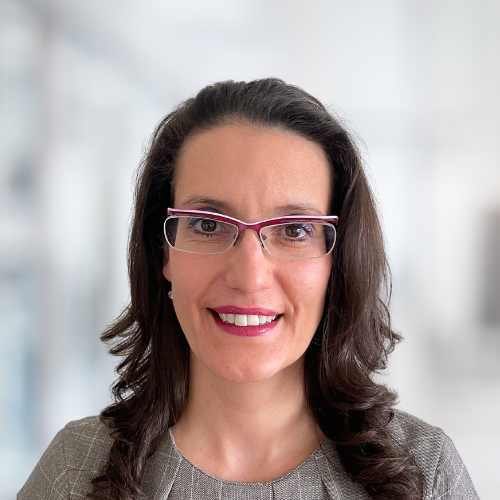Why is psychological help necessary when caring for a loved one?
An expert can help you more in-depth and a specialist in this area knows what to look for.
You've been in a difficult situation caring for a close family member and you need advice... But how do you do that if you're not used to confiding, let alone to a specialist?
Here are some of the differences between the support you get from a psychologist and the well-meaning advice of a friend. We do not exclude the help of a friend. But what, on the other hand, is the difference in psychological help when caring for loved ones?
Expertise and education. A psychologist has training and experience in mental health. This enables him or her to provide specialized help. A friend, on the other hand, will offer a personal opinion or experience but may not have the appropriate expertise.
Objectivity. The psychologist offers an independent and objective perspective on the situation. A friend may be emotionally involved and thus have a limited view of your situation.
Professional insight. The psychologist has access to a variety of therapeutic techniques and strategies tailored to your situation. A friend will provide support based on their experience, but may not know professional methods.
Confidentiality. The psychologist is committed to professional ethics and confidentiality. He or she therefore guarantees confidentiality and a safe space, allowing open communication without fear of judgment or misuse of information. With a trusted friend, it can be different.
Psychological support in caring for loved ones plays a significant role in coping with stress and in emotionally challenging caregiving situations. So don't be afraid to seek the help of a professional to provide such expert support. They will not only find ways for you to effectively manage difficult times, but also help you maintain your mental health and quality of life.








